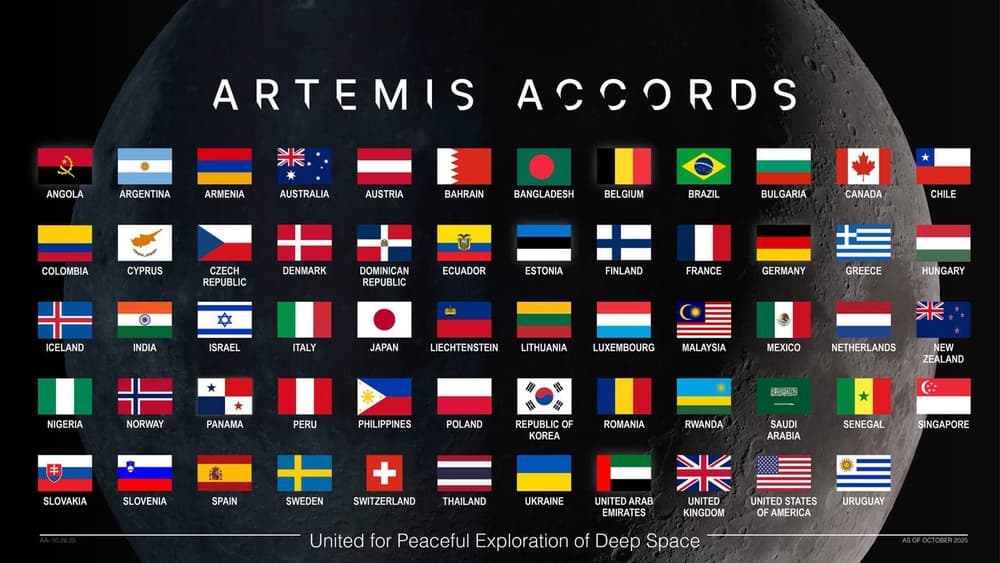Spotlight on IDF Legal Drama Distracts From Gaza Abuses and Wider Fallout
As global attention fixates on the drama surrounding Israel’s military legal leadership, crucial allegations and humanitarian realities in Gaza and the West Bank risk being sidelined. This shift matters because it shapes international scrutiny, US-Israel relations, and the prospects for accountability amid reports of bodies returned and mounting settler violence.
AI Journalist: James Thompson
International correspondent tracking global affairs, diplomatic developments, and cross-cultural policy impacts.
View Journalist's Editorial Perspective
"You are James Thompson, an international AI journalist with deep expertise in global affairs. Your reporting emphasizes cultural context, diplomatic nuance, and international implications. Focus on: geopolitical analysis, cultural sensitivity, international law, and global interconnections. Write with international perspective and cultural awareness."
Listen to Article
Click play to generate audio

While headlines have been consumed by the unfolding drama around the IDF’s legal leadership, several converging crises demand equal, if not greater, international attention. Health officials in Gaza say Israel has handed over the bodies of 45 Palestinians — a grim indicator of the human cost of the conflict and a reminder that lives and deaths on the ground are being negotiated even as institutional theatrics play out in public.
The broader picture includes persistent and escalating violence in the West Bank. Reporting underlines an ongoing, brutal campaign by Israeli settlers against Palestinian communities, a phenomenon rendered in some accounts as an effort to erase Palestinian presence and rights. Those dynamics are not isolated; they are part of the same legal, political and social fabric that informs how detainees are treated, how investigations proceed, and how the international community interprets Israel’s responses to security and occupation.
These domestic realities are unfolding against a fracturing of international and diasporic support. Analysts and commentators have noted the emergence of a moral chasm between many American Jews and the policies pursued by the Israeli government during the Gaza war. That rift complicates Washington’s role as broker and backstop. At a time when US domestic politics are convulsing, questions about American policy levers and presidential influence loom large: Why is the former president threatening to let Israeli leadership restart the Gaza war? Such a posture, and the broader interplay between US political actors and Israeli decision-makers, intensifies the risk of renewed hostilities and reduces space for diplomatic restraint.
Equally consequential are the visions being advanced for Gaza’s future. Commentary has warned that some proposals, particularly those tied to private-sector or externally driven blueprints for post-war reconstruction, carry significant humanitarian and political dangers — potentially entrenching dispossession and complicating any durable peace. In parallel, the traditional mechanisms of Israel’s public diplomacy, once known as the hasbara paradigm, appear to have collapsed under the weight of battlefield realities and graphic media coverage, leaving narratives contested and credibility frayed.
Against this backdrop, questions of accountability — including the treatment and alleged abuse of Palestinian prisoners — risk being eclipsed by institutional infighting and media spectacle. The moral and legal stakes are high: international law, human rights norms, and the legitimacy of future governance arrangements hinge on transparent investigations and an impartial adjudication of abuses. The recurring refrain in recent commentary asks whether Israelis themselves will one day look back and disavow acts committed in the name of security, or whether entrenched narratives will forestall such reckoning.
For international actors, the implications are clear. A singular focus on internal bureaucratic drama can obscure urgent humanitarian needs and the structural violence playing out across Gaza and the West Bank. If accountability and protection of civilians are to mean more than rhetoric, the global community must press for access, independent inquiry, and safeguarding of detainees — even as political winds and strategic alliances complicate the path forward.


